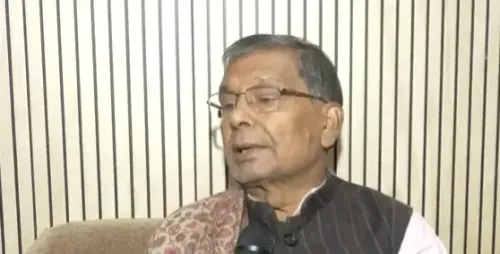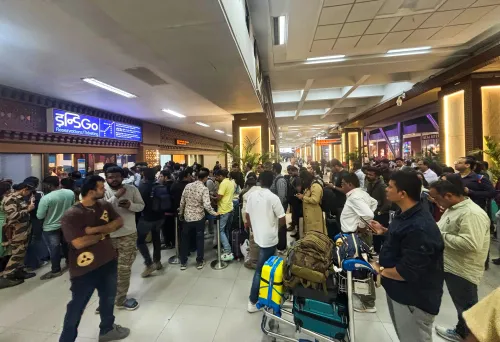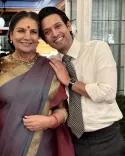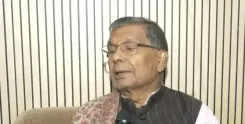Will the SC Address the Controversy Surrounding Jharkhand's DGP Appointment on Monday?
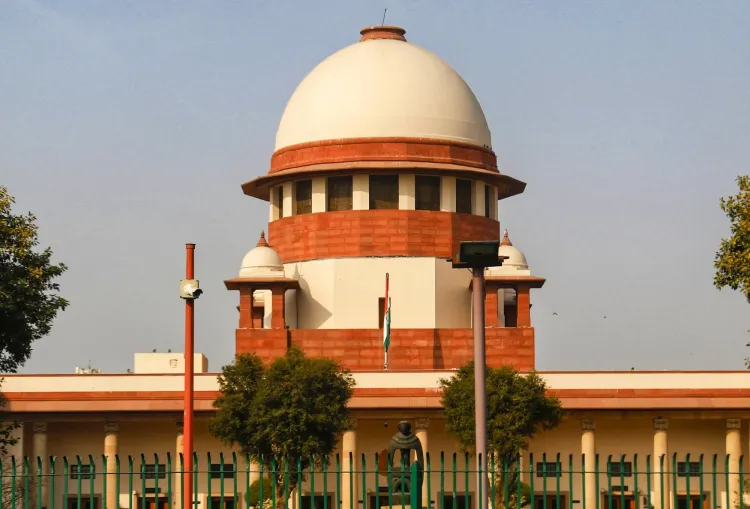
Synopsis
Key Takeaways
- The Supreme Court will review the legitimacy of Anurag Gupta's DGP appointment.
- There are allegations of procedural violations in Gupta's appointment process.
- The Prakash Singh ruling emphasizes the importance of transparency in police appointments.
- The Jharkhand government is under scrutiny for its recent regulatory changes.
- Future police appointments may be influenced by this legal outcome.
New Delhi, Aug 17 (NationPress) The Supreme Court is set to deliberate on Monday regarding several petitions disputing the appointment of Anurag Gupta as the Director General of Police (DGP) for Jharkhand. According to the causelist released on the apex court's website, a Bench comprising Chief Justice of India (CJI) B.R. Gavai and Justices K. Vinod Chandran and N.V. Anjaria will also address a plea requesting contempt proceedings against the Jharkhand Chief Secretary for allegedly "willfully and deliberately ignoring" the directives established in the Prakash Singh vs Union of India case.
The ruling mandates that the Union Public Service Commission (UPSC) must shortlist three qualified IPS officers with clean service histories and adequate remaining service from a list provided by the state. The state government is then obligated to appoint one of the selected individuals as the DGP, ensuring a minimum tenure of two years.
The petition asserts that the Jharkhand government appointed Gupta in a manner that disregards proper procedures, as he was not included in the UPSC-recommended list. Furthermore, a new regulation was introduced to facilitate Gupta's appointment, even though he is due to retire on April 30, 2025, with an extension granted until April 2026.
The petition, filed by advocate Vivya Nagpal, argues, "These newly established regulations blatantly violate the mandates set forth by this Hon'ble Court in the Prakash Singh judgment and subsequent directives. The state government has willfully and deliberately circumvented the requirement for UPSC empanelment, a crucial element of transparency and merit-based appointments, replacing it with a state-controlled selection committee."
A letter from the Union Home Ministry to the state government indicated that Gupta, having reached the age of 60 in April 2025, will be considered retired under the All India Services (AIS) rules and is ineligible to continue in service.
In July 2024, the administration led by Hemant Soren in Jharkhand dismissed then DGP Ajay Kumar Singh prior to the conclusion of his two-year term. Singh was appointed DGP on February 14, 2023, with a term set to conclude in February 2025, yet he was removed prematurely.


